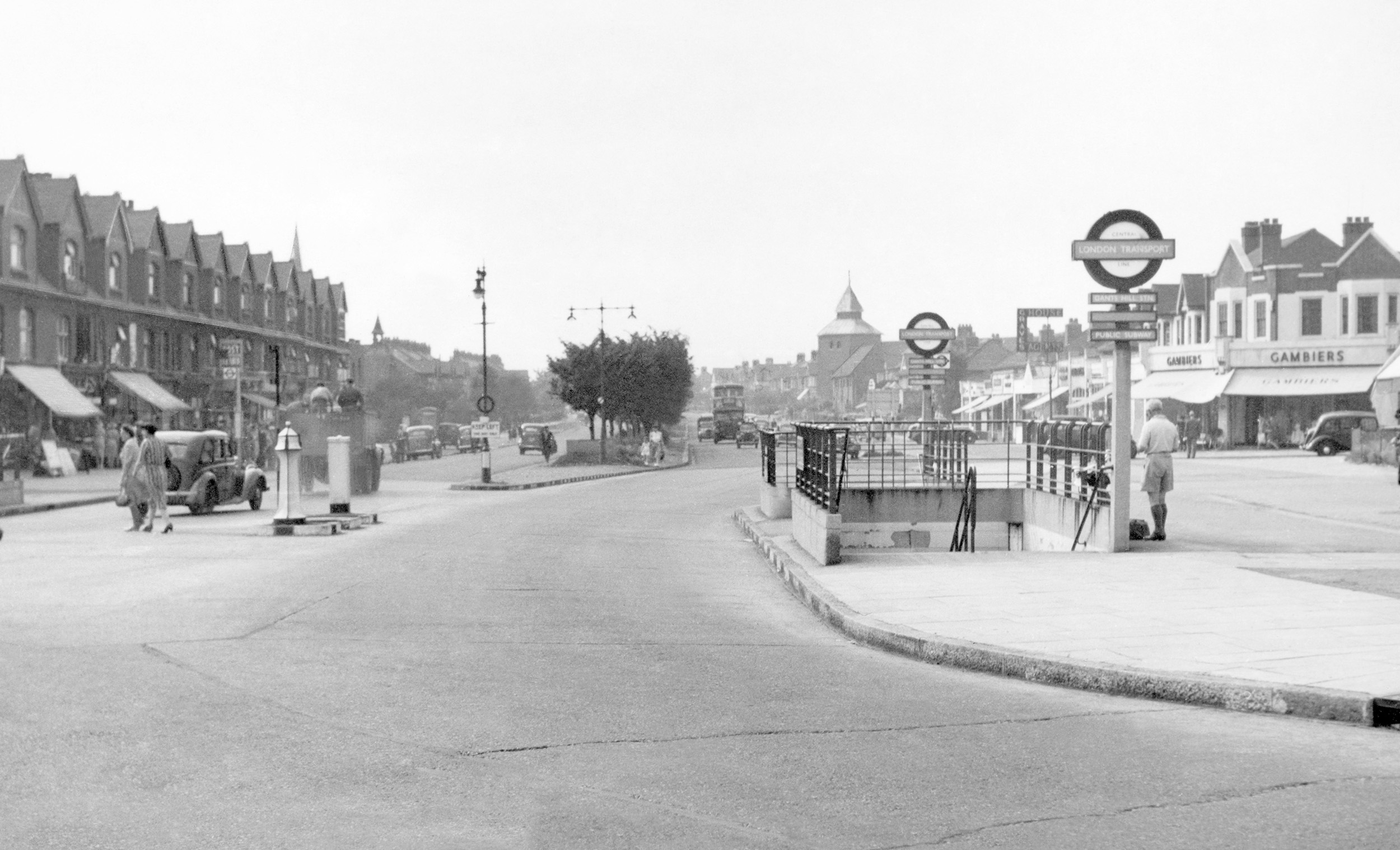Brexit or General Election – House Price Growth Predicted for 2020!.

Over the last three months the average semi-detached property in Redbridge was likely to take around 100 days to be sold from the time it was first put on the market, according to online data. While home viewings can often continue in the days leading up to Christmas and the New Year, many property owners are probably now looking towards 2020 to sell their house.
As the year draws to a close, there are the inevitable predictions as to how the property market will perform in the next 12 months. Will conditions be up or down for house sellers?
Prices rose in boroughs further away from the capital centre
Continuing through 2019, it was regularly reported that those homeowners who may have been considering a house move responded to the ongoing price growth slowdown by putting their plans on hold. But even as recently as November, UK house prices were still only 0.9 per cent more than in November 2018, the lowest growth to date (Office of National Statistics, ONS).
As has been widely reported, property prices in central London have continued to fall – down by nearly 11 per cent. But at the same time, prices rose in boroughs further away from the capital centre, such as those in east London, which appear to have been less affected by the downward trend. In spring 2019, the selling price of a semi detached house in Ilford was up by 10 per cent on the year before. It’s also worth noting that by July, the average property price in Redbridge was nearly 3 per cent higher than in the period just after the Brexit referendum in June 2016.
Brexit not stopped house sales hitting their highest level
The effect of “Brexit uncertainty” is often held to be a chief cause for sluggish price conditions that have persisted since the referendum. Nevertheless, this has not stopped house sales from hitting their highest level since August 2017.
Data shows that the property market has, in fact, remained remarkably robust. By autumn 2019, there was a five per cent rise in properties sold in one month alone, according to HMRC. During the same period, mortgage approvals had also risen by 0.4 per cent in stark contrast to a 2.1 per cent fall in the previous month.
Clearly, house hunters are seizing the opportunity while house sellers are not sitting on their hands any longer. Increasingly, they are prepared to sell their property under current market conditions rather than wait it out until Brexit is resolved. Of course, one strand of opinion is that the Brexit process has only just started and Britain’s future landscape is yet to be properly determined – and that also includes the property market.
New research into the residential sector may give a glimpse into how markets are predicted to perform over the next five years.
House prices across the country forecast to rise by around 15 per cent
At first glance it may appear as if any fallout from the Brexit effect is not in the immediate property viewfinder. House prices across the country are forecast to rise by around 15 per cent on average, between 2020 and 2025. While there are likely to be significant variation between regions and between different markets – particularly in London – it’s in the capital that the market is forecast to be the one of the strongest performers.
The outlook across the UK is more likely to reflect deep anxieties and the very practical concerns caused by Brexit continuing to negatively impact the market over the short term. But once again, a more optimistic view is suggested with the expectation that prices will eventually start to rise, and broadly in line with wage packets. The possibility of a “no-deal Brexit” and the fears of a house-price crash – thought to be a real possibility just a few months ago – now look less likely although it cannot be discounted completely.
Will General Election give a short-term boost to house prices?
Another factor concerns the aftermath of the General Election. Will the outcome remove or increase uncertainty? Arguably, a general election can also produce uncertainty, which may indeed be the case if there is a “hung” parliament, where no one party wins an outright majority and a coalition between parties needs to take place.
Given that the current the stock of houses for sale is generally considered low, some analysts suggest there could be a short-term boost to house prices in response to fast moving demand. Those homeowners who really want or need to move house in 2020 should continue with their plans by starting with a house valuation. Being certain of a realistic asking price and local market conditions is more likely to lead to selling success in most circumstances.

